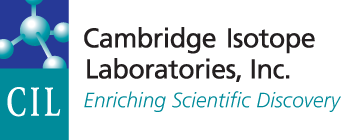Dechlorane Plus, UV-328, and Methoxychlor Face Global Ban Under Stockholm Convention
International delegates have agreed to add two plastics additives, Dechlorane Plus and UV-328, as well as the pesticide methoxychlor to the Stockholm Convention on Persistent Organic Pollutants. The agreement was reached on May 12, 2023, following a two-week meeting in Geneva, Switzerland.1 The Stockholm Convention is a global treaty that aims to protect human health and the environment from chemicals that are persistent, widespread geographically, bioaccumulative, and harmful to human health or the environment.
Dechlorane Plus is a chlorinated flame retardant that is commonly used in electronics and automobiles. Human exposure to Dechlorane Plus is associated with neurodevelopmental and reproductive disorders. UV-238 is an ultraviolet stabilizer that protects polymers from degradation. It has been associated with adverse liver and kidney effects in animals. Methoxychlor is an organophosphate pesticide that is banned in the United States and the European Union due to its toxicity to aquatic life, persistence, ability to bioaccumulate, and endocrine-disrupting activity. Its inclusion in the Stockholm Convention would ban its use globally.
CIL offers stable isotope-labeled and native standards for Dechlorane Plus and methoxychlor to assist researchers with environmental and human exposure analysis studies.
Reference
1. 2 plastics additives, insecticide face global ban. Chemical & Engineering News. 12 May, 2023. Read more.
